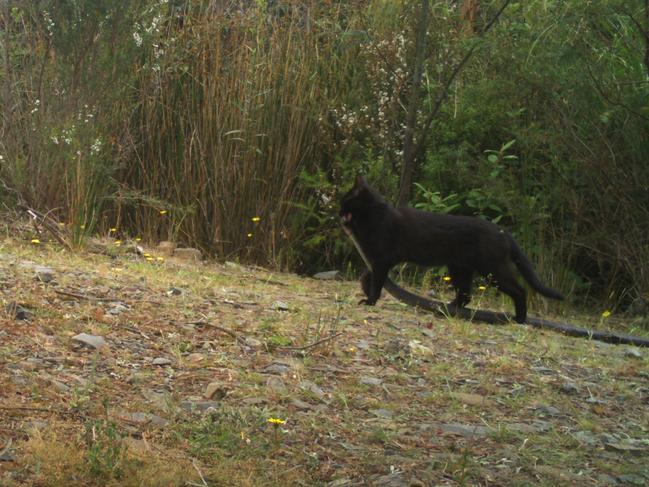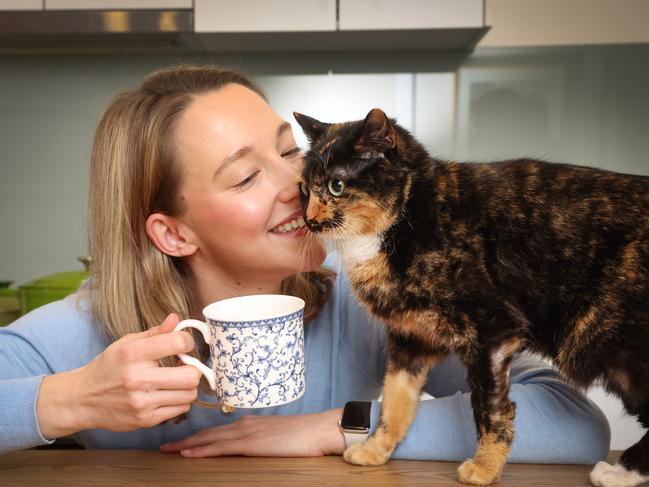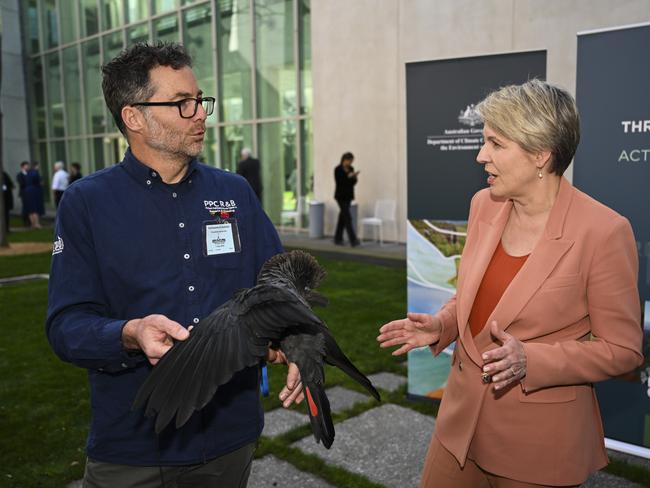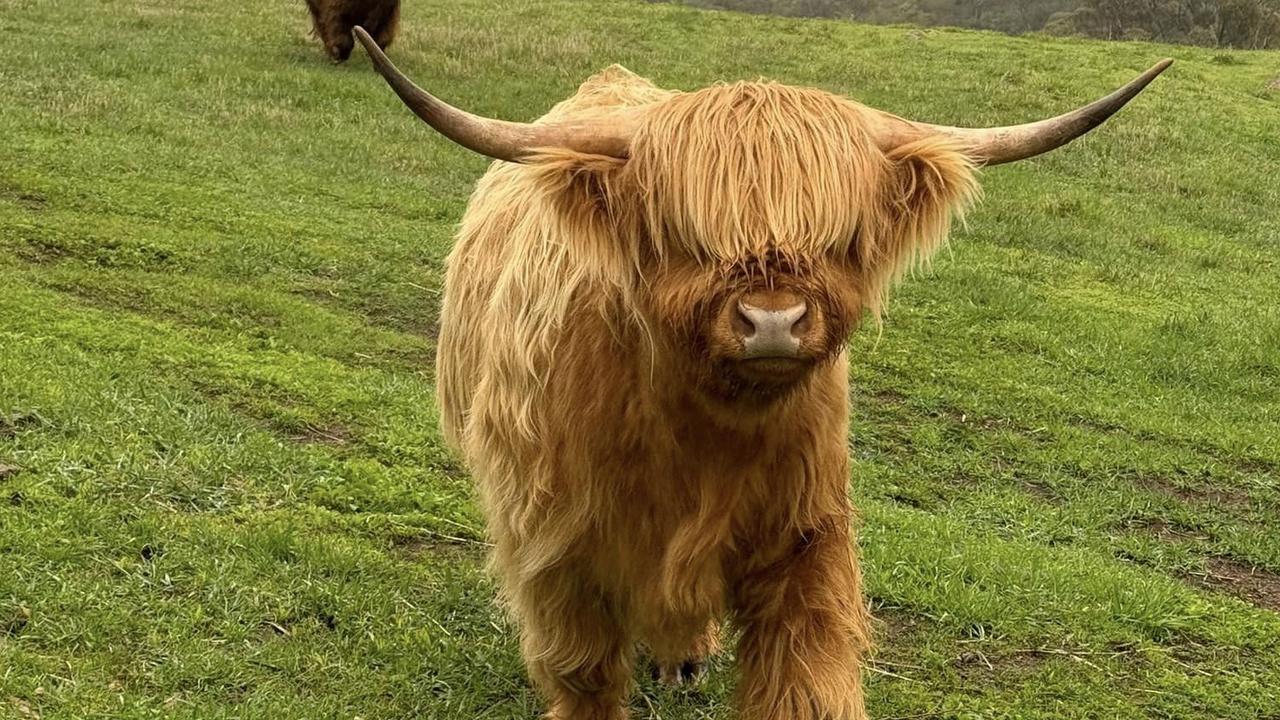Australian government floating controversial curfew on pet cats
New laws on cat ownership have already been introduced in some states.

Animals
Don't miss out on the headlines from Animals. Followed categories will be added to My News.
The Albanese government is preparing a strong response to Australia’s feral cat problem, an issue that has long plagued the country’s native wildlife.
Billions of native animals, including mammals and birds, are being killed by cats every year, according to research published in the 2019 book Cats in Australia: Companion and Killer.
The research revealed each feral cat in the bush would kill about 740 animals per year.
Meanwhile, a domesticated cat would kill about 75 animals per year.
Environment and Water Minister Tanya Plibersek recently announced a $60 million initiative aimed at protecting Australia’s biodiversity, focusing on eradicating feral cats and reducing their threat to endangered species.

Some 5.6 million feral cats live across the country’s vast bushland. Plibersek’s plan includes the use of artificial intelligence, drone-based thermal cameras and DNA tracking technology to identify and humanely eliminate the predators.
Testing of advanced technologies is already underway in national parks on Kangaroo Island and Christmas Island, where the efficacy of traps is being assessed.

Plan to place curfew on your pet cat
While the primary target is feral cats, the government is also considering measures to address the ecological damage caused by household pets.
The government is exploring policies such as night-time curfews, limits on the number of cats per household, and the introduction of cat-free suburbs.
The upcoming cat abatement plan will outline these potential regulations, aiming to balance pet ownership with environmental conservation.
Minister Plibersek said that cats can be “dangerous and ruthless predators, pushing our threatened native species like the greater bilby, numbat, and Gilbert’s potoroo, to the brink of extinction”.

The government’s plan calls for collaboration with state and local governments to create and enforce regulations that protect wildlife while managing domestic cats.
Several local governments have already implemented restrictions, including Knox City Council in Melbourne’s East, which enforces a 24-hour ban on roaming cats.
The ACT has introduced similar rules in certain suburbs, requiring all cats born after July 2022 to remain on their owners’ property at all times.
Other states, including Western Australia and New South Wales, are in the process of developing their own regulations, with some councils in Perth considering 24-hour curfews.
Originally published as Australian government floating controversial curfew on pet cats




